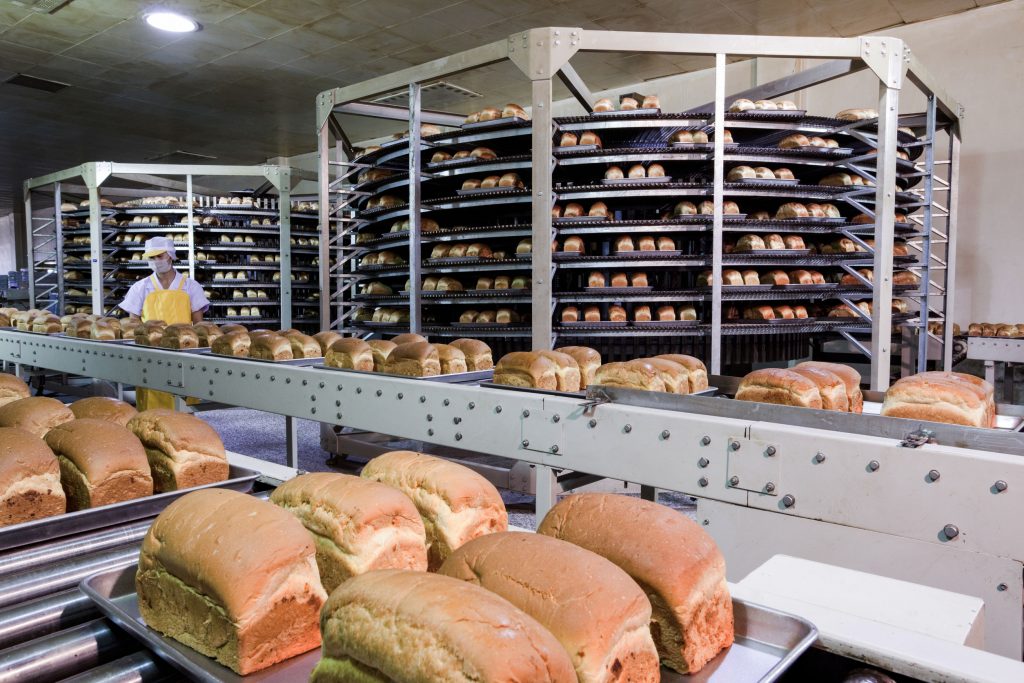
Hello world!
November 1st, 2020, is the day when LOWINFOOD project’s activities started. With funding of 5.5 million euros, the Lowinfood project brings together 27 players in research, innovation and the food sector to upscale several prototypes designed to prevent food loss and waste.
The European Commission has recently announced the approval of the Lowinfood project, which will receive a grant of 5.5 million euros. Led by Tuscia University (Italy), the project will put the latest research on food loss and waste prevention and reduction into the hands of the players in the food chains that are most affected by this challenge. Indeed, during the 4-year-long project, these players will be validating and demonstrating the capacity to reduce food loss and waste of several prototypes already developed by some partners in the fruit & vegetable, bakery and fish value chains, as well as for consumers.
Current food systems face great challenges relating to their level of sustainability in various aspects, ranging from environmental ones to those related to the unequal availability of food. Lowinfood will tackle food loss and waste at all stages in food value chains, including consumption, because this also hampers the sustainability of food systems. Food waste corresponds to a waste of the environmental resources used for producing it, including land, water, fertilizers and other inputs. Food loss and waste are estimated to amount to 88 million tonnes per year in Europe, corresponding to about 20 % of the total food produced.
With the aim of contributing towards reducing food loss and waste across European food chains, the interdisciplinary consortium came together in Lowinfood to deploy and implement innovative solutions for the food waste problem. The consortium comprises 27 members from 12 European countries, including research partners, start-ups and companies providing the innovative prototypes, and companies and associations working in the food sector. “The project is built upon the results of various previous research and innovation development activities carried out by several partners in the consortium, providing a solid basis of knowledge to support improvements in the innovations we are expecting to achieve,” said Clara Cicatiello, Assistant Professor in Agricultural Economics at Tuscia University and project manager of Lowinfood.
The innovations that will be deployed and validated in the Lowinfood project were selected from among several promising solutions that have already been developed and tested. The objective is to provide the necessary demonstration and upscale them to allow market replication. The European Union establishes a scale, the TRL (Technology Readiness Level), to estimate the maturity of developing technologies. Lowinfood will improve the TRL of all the 14 innovations, including technological tools and devices as well as organizational and managerial solutions, to bring them closer to market and foster their adoption across value chains in several EU countries. They already have a minimum TRL of 4/5 (technologies that have been validated in the lab and in the relevant environment), and Lowinfood will upscale them up to TRL 7/8 (prototype demonstration in an operational environment, and completed and certified systems).
Various types of innovations are considered in the project, ranging from technological solutions, to social, managerial and organizational innovations. The fruit and vegetable, bakery products and fish value chains are selected as settings in which to apply the innovations as these perishable foods are particularly affected by the issue of food waste; for each value chain, the upstream stages are considered in the demonstration of the innovations, ranging from production to retailing. Another set of innovations is applied at the consumer level with the aim of preventing the waste of all foods in out-of-home and at-home consumption.
During the project, their demonstration in actual food value chains will be supported by constant monitoring of the quantity of food that can be saved from wasting, as well as the evaluation of the related socio-economic and environmental impacts. Evidence about the efficacy of innovations in reducing food loss and waste, their socio-economic effects and related environmental impact will be used to develop strategies for disseminating them across European food value chains, and for building a set of policy guidelines to support this dissemination. “The boost we will give to the innovations in the project will make it possible to bring them closer to society and make them available for users. In this way, Lowinfood will be closer to its goal of contributing towards reducing food loss,” concluded Cicatiello.
Share on Facebook Share on Twitter Share on Pinterest